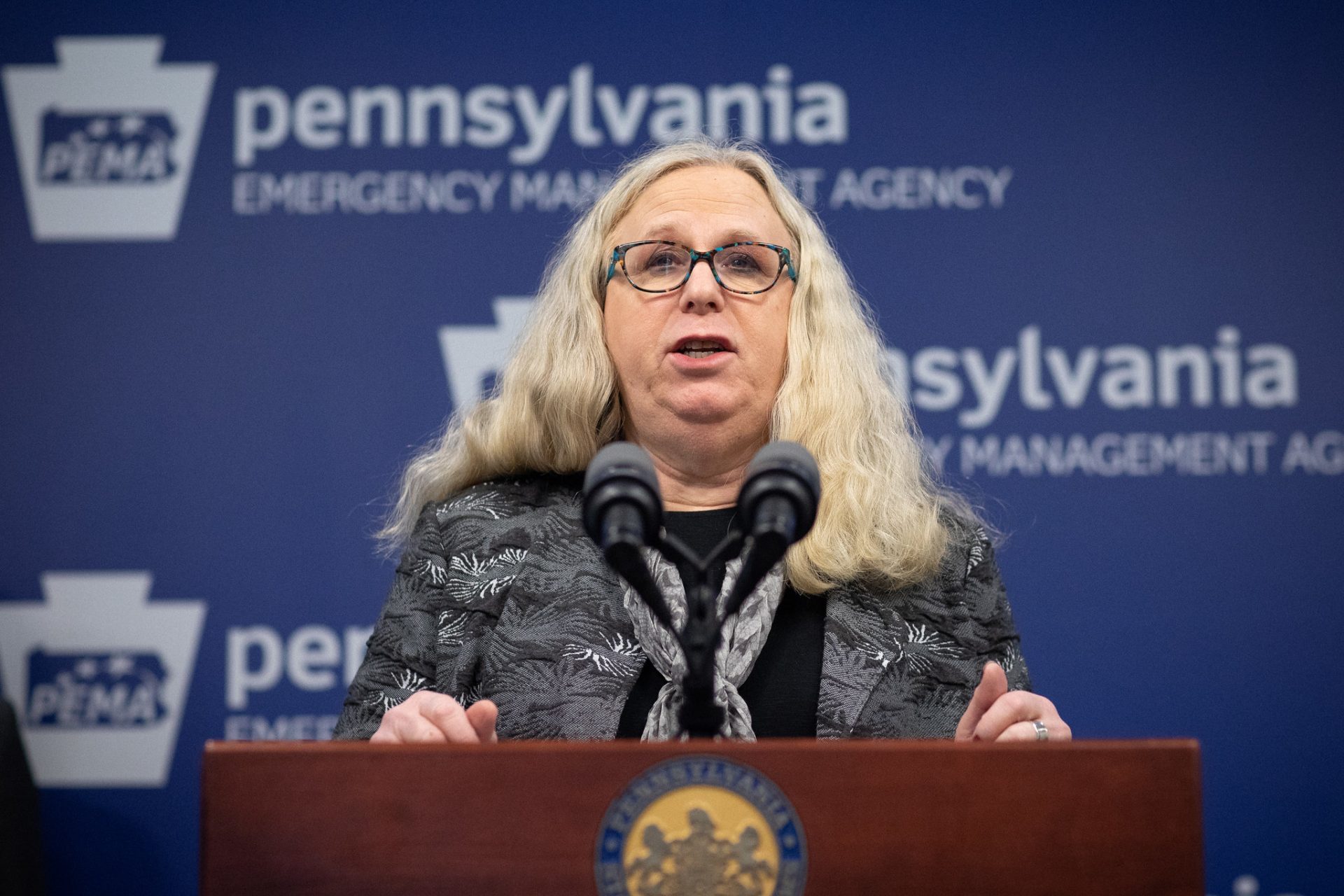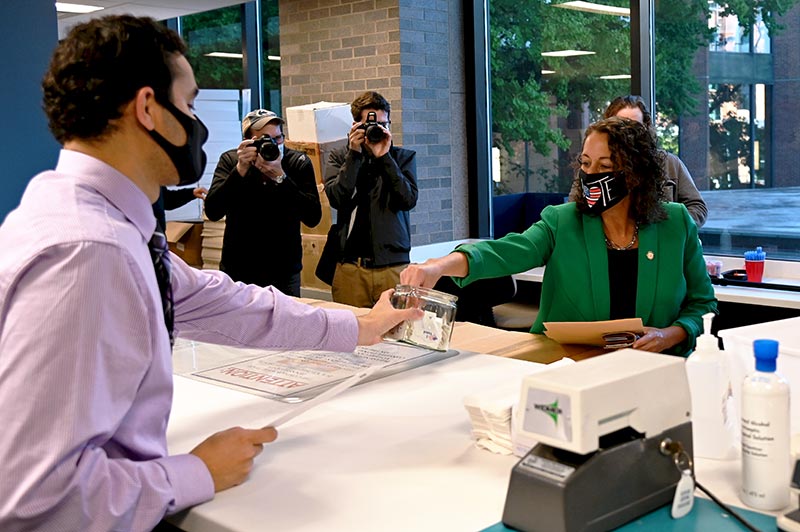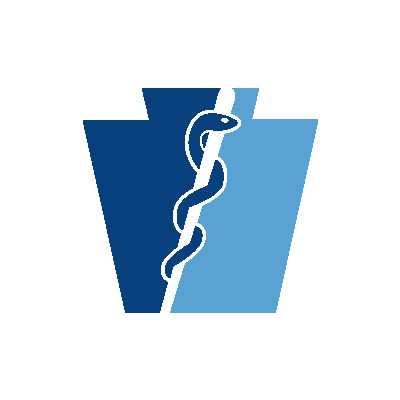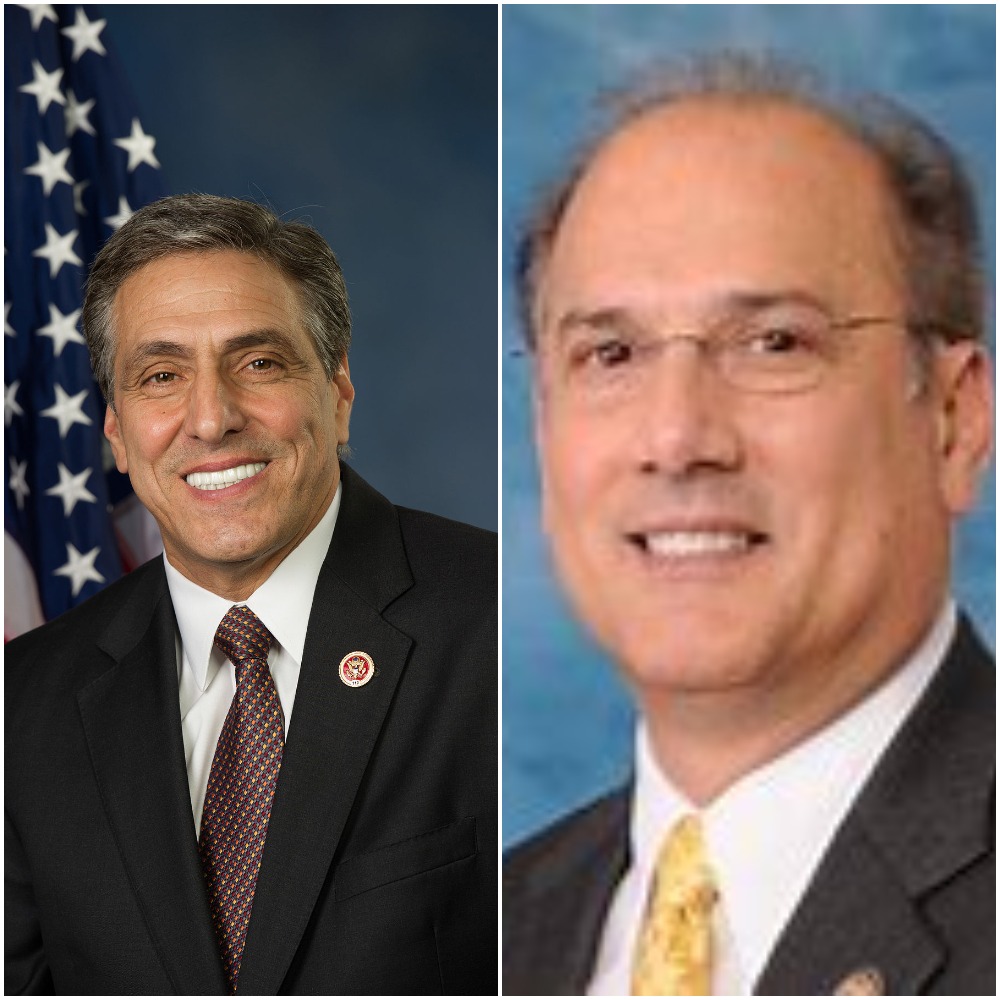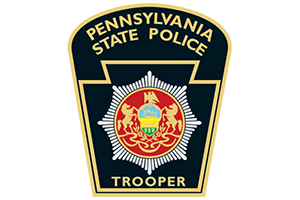By: Todd Bartley, TalkWilliamsport.com
News@TalkWilliamsport.com
On Monday, the worst fears of Robert J. Muise, Attorney with the American Freedom Law Center who filed a Complaint on September 3, 2020, against the Wolf administration in federal court in the Middle District of Pennsylvania were realized.
From paragraph #99 of the Complaint:
“The challenged contact tracing program is dangerous. It would permit a desperate and unscrupulous political operative to dampen voter participation in a given district. It would permit a desperate and unscrupulous business owner to stifle competition. Either could falsely and anonymously report incidences of coronavirus without fear of repercussion. Trolls could create chaos. Protesters could trigger panic as a form of civil disobedience. Hostile foreign intelligence operatives could shut down an entire city by falsely reporting COVID-19 infections in every neighborhood. The abuses permitted by granting the government such power are practically without limits.”
Muise, upon reading the Talkwilliamsport.com report he weighed in, “Unfortunately and as we feared, it appears that the contact tracing program is being weaponized by politicians for political purposes. That is always the risk when the government seeks broad power, but we the people have the Constitution on our side to stop it.”
In a direct response to an exclusive story on TalkWilliamsport.com and questions to Secretary of Health Dr. Rachel Levine in a Monday morning press conference, Secretary of State Kathy Boockvar and Dr. Levine issued the following press release moments ago.
PA Voters In Quarantine Due to a COVID-19 Exposure Should Contact Their County Elections Office to Make Arrangements to Vote
Harrisburg, Pa. – Secretary of State Kathy Boockvar and Secretary of Health Dr. Rachel Levine today reminded Pennsylvanians who are currently in quarantine due to COVID-19 to contact their County Elections Office for an emergency absentee ballot if they were planning to vote in person but now cannot.
“Every Pennsylvanian who is registered to vote will have the opportunity to do so,” Secretary Boockvar said. “There’s an emergency ballot provision under the law. If you can’t deliver your own balloting materials you can assign a designee to do that for you. And if you can’t find a designee, the law actually requires the county election office to have a Sheriff’s Deputy or some county official to deliver the balloting materials for the voter.”
“Pennsylvanians can vote safely, even if you are in isolation or quarantine because you have COVID-19 or have been exposed to it.” Dr. Levine said. “If you are not quarantined and plan to vote in person, make sure you add your COVID kit to your voting plan. This includes a mask, a black or blue pen, hand sanitizer and the COVID Alert app on your phone.”
Polls are open tomorrow from 7 a.m. to 8 p.m. Voters can find their polling place on the Department of State’s voting website, votesPA.com.
Any voter who has received but not yet returned their mail ballot should do so immediately by hand-delivering it to their county election office, satellite election office or other designated drop-off location. Voted mail ballots will not be accepted at polling places.
Voters must make sure that they enclose their mail ballot first in the white inner secrecy envelope and seal it, then insert the inner envelope into the outer pre-printed return envelope, and sign and complete the voter’s declaration on the outer envelope. Voters must complete all these steps for their ballot to be counted.
Under Pennsylvania law, voters may only return their own ballots. The only exceptions to this are for voters with a disability who have designated someone in writing to deliver their ballot, or for voters who need an emergency absentee ballot.
Voters who applied for and receive a mail ballot and then decide they want to vote at the polls on Election Day can change their mind, but they should bring their mail or absentee ballot and the outer ballot envelopes to be voided by the poll worker. They may then vote on their county’s voting system.
If a voter applies for a mail ballot but does not return it and does not bring the mail ballot and envelopes with them, they may still vote by provisional ballot at the polls on election day. Their county board of elections will then verify that they did not vote by mail before counting their provisional ballot.
For more information on voting and elections in Pennsylvania, call the Department of State’s toll-free hotline at 1-877-VOTESPA (1-877-868-3772) or visit votesPA.com.
Secretary of State Kathy Boockvar has scheduled a press conference for Tuesday morning to discuss the general election.
On Monday, April Hutcheson, Director of Communications for the Department of Health provided the following information relating to those in COVID-19 quarantine who would like to vote.
“Erie News did a story on how people who are in quarantine or diagnosed with COVID-19 can vote on election day. It includes statements from DOS Secretary Boockvar that clearly outlines how someone in quarantine can indeed vote.”
“Additionally, Stephen Caruso of Penn Capital Star reported in August about the quarantine letter and posted a copy on his twitter.” Here is a link. “As you can see, the quarantine letter has not changed.”
Talkwilliamsport.com also inquired on the RFP process on how the new software being used in the contact tracing program was arrived upon.
Hutcheson added, “Here is the eMarketplace announcement from July 23 about the contact tracing management system that was built on the Salesforce platform.”
Here is a link:
LOCAL REACTION STORIES STREAM IN
During the Normal America and Pennsylvania Patriots Radio 24-hour pre-election special a number of leaders in the state weighed in with narratives of their efforts to ensure those in quarantine due to a COVID-19 exposure making arrangements to vote.
Dr. Davis Haire, Wyoming County GOP Chairman, shared a story from Monday when an attorney representing the county he works in; went to local county court to obtain four emergency absentee ballots in and around the same time the joint press release was issued by Secretary of State Kathy Boockvar and Secretary of Health Dr. Rachel Levine.
Upon obtaining the four emergency absentee ballots for those Wyoming County residents who recently tested positive for COVID-19; Dr. Haire, went onto describe a story of having a ballot delivered to a resident 20 plus miles one way in his county. The process undertaken allowed the person to complete the ballot and the subsequent process to return it to voter services so it could be counted.
Lycoming County Coroner Charles Kiessling in the overnight hours from Monday into Tuesday shared an updated way that residents in quarantine due to a COVID-19 exposure can vote.
TalkWilliamsport will continue to update this story as Election Day 2020 unfolds.
